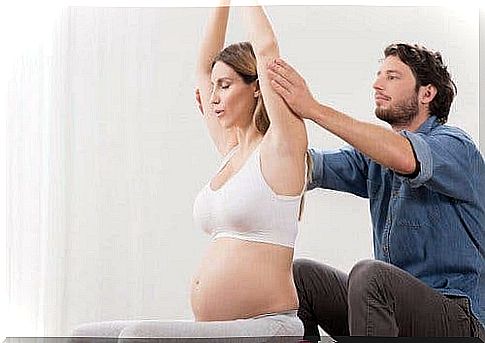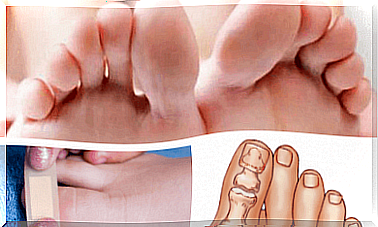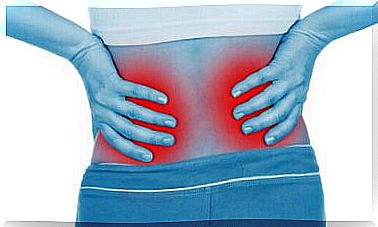How Does Breathing Affect The Brain?

It is important to consider the effects of breathing on the brain, as this is one of our most important organs. However, it is also one of the most sensitive. This is because the brain is exposed to all changes in the body, such as changes in glucose levels, heart rate, and other bodily functions. So exactly how does breathing affect the brain? Read on and we’ll tell you!
Breathing is the body’s process through which we get oxygen and remove carbon dioxide from our body through our lungs. We need oxygen to keep our bodies functioning – and just because we can live.
Breathing is an automatic mechanism; we usually do it without knowing it, without thinking about it anymore, without even knowing exactly how it happens. But we can also control it consciously.
In recent years, there has been increasing research into how breathing affects the brain. Based on the results of the research, researchers have developed some breathing techniques that can improve our quality of life. Below we tell you what they are.
How does breathing affect the brain?
Various respiratory techniques have been considered important for many centuries, especially in Eastern cultures. As many will know, it is a very important part of e.g. meditation and yoga.
The effects of breathing on the brain were pretty much a mystery until recently. Studies at Stanford University show that the relationship between breathing and relaxation has a scientific basis based on brain mechanisms.
While it has long been known that deep breathing is a great way to cope with stress or panic attacks, the mechanism by which it occurs was obscured until very recently. Then, the studies showed that there is a special group of neurons in the brain.
There are a total of about 350 neurons in the central nervous system. What makes them different from other neurons is that they are activated more according to how fast breathing is. This is important because these neurons stimulate other parts of the brain.
These areas are associated with panic, sleep, and stress, among other things. Thus, one of the effects of respiration on the brain is directly related to these sensations.


Finally
Like all other tissues in the body, the brain needs oxygen to perform its functions. Recent studies, however, show that breathing has another effect on the brain.
They show that there are some nerve cells in the brain that activate more the faster we breathe. This in turn is associated with increasing levels of stress or feelings of fear. Thus, breath control, or proper breathing, is a useful tool that can help you face your daily routine.
You need to learn to control your breathing to be better. If you can’t do it alone, get help from yoga and meditation experts, because for them, the right kind of breathing is the A and O of everything and they know the different breathing techniques.
Now you are aware of the effects of breathing on the brain. Start right away by observing your own breathing pattern, and Practice breathing more consciously, deeper, and more slowly. It may help you manage your feelings better.









